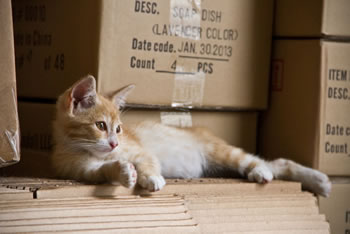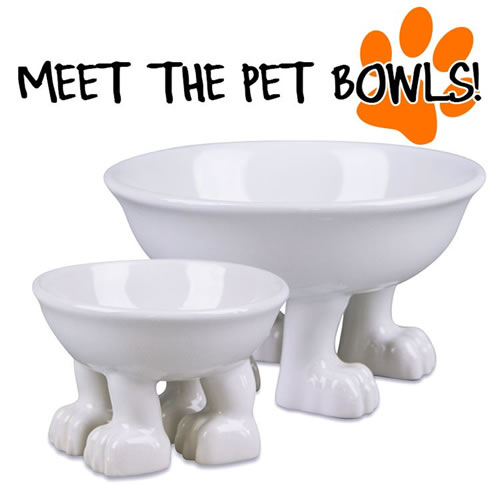“I know, I know – this is a blog for dog people. No worries. We can all show a little love to the cat people.” – Blue Belle the DogBlog Canine Contributor
This guest post was contributed by Brandon Butler. Thanks Brandon for your contribution.

Preparedness is key when bringing any new pet home, especially if you’ve never owned a pet before. While cats are relatively easy to care for, understanding the basics makes life with a feline a lot easier. If you’re planning to adopt your first cat, here’s everything you need to know.
Cat Care 101: The Basics
Are Cats Really Low-Maintenance?
Cats have a reputation as a low-maintenance pet. And compared to high-energy dog breeds, that’s true. Cats don’t require long walks and can be left alone for most of the day. However, cats aren’t a no-maintenance pet. Just like dogs, cats bond with their owners and enjoy interaction. Cats can also be finicky when their living environment isn’t kept to their standards.
Most importantly, cats are a lifetime commitment. And that can be a long time: Cats live for 14 to 16 years on average, and many indoor cats live 20 or more years! In addition to the daily responsibilities, make sure you’re ready for a long-term commitment when you adopt a cat.
Litter Box Rules for Cats
One cat equals one litter box, right? Not so fast. Even with daily scooping, one litter box may not be enough. According to feline behavior expert Jackson Galaxy, the rule of thumb is one litter box per cat plus one extra. Instead of hiding litter boxes in the garage or basement, put them where your cat spends most of its time.
Feeding Your Cat a Balanced Diet
Maintaining a healthy weight is critical for cats. Just a few extra pounds can push cats into obesity, where they’re at increased risk of arthritis, hip dysplasia, and diabetes. In addition to choosing a high-quality, vet-approved food and controlling portion sizes, cat owners should pay attention to their pet’s digestive health. Digestive problems can manifest in vomiting, diarrhea, constipation, and poor coat quality. While some digestive problems are caused by underlying health conditions, in many cases a cat’s digestive health can be improved with high-quality, well-balanced wet food, though it’s important to do a little research before you dive in.
Continue reading



